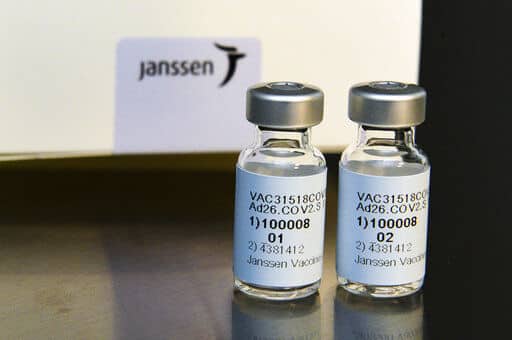COLUMBUS, Ind. — Local health officials are awaiting the arrival of a third COVID-19 vaccine authorized for emergency use in the U.S. that they hope will speed up vaccinations against a virus that has killed 147 local residents and is mutating in increasingly worrisome ways.
On Saturday, the Food and Drug Administration authorized the use of a vaccine developed by Johnson & Johnson shot that works with just one dose instead of two, which health experts say is key given the limited supply of vaccines, The Associated Press reported.
J&J started shipping a few million doses to states earlier this week. By the end of March, the New Jersey-based pharmaceutical giant has said it expects to deliver 20 million doses to the U.S., and 100 million by summer.
However, it is not yet clear when or if local vaccination sites will receive doses of the J&J vaccine, as state health officials are still determining how and where to distribute the shots, local officials said.
As of Tuesday morning, the Bartholomew County Health Department was still waiting to hear back from the Indiana State Department of Health to see whether its clinic will receive shipments of the J&J vaccine, said Amanda Organist, Bartholomew County Health Department director of nursing.
Columbus Regional Health, however, does not intend to administer the J&J vaccine at its stand-alone clinic near the hospital campus in Columbus, but hospital officials are looking at how to “integrate it at other sites,” said Dr. Slade Crowder, vice president of physician enterprise operations and associate chief medical officer at Columbus Regional Health.
No further details were available on what CRH sites, if any, would receive the new vaccine.
“We won’t be giving it at our vaccine clinic, and the reason is we have found that it’s safer and more efficient to only give one vaccine,” Crowder said.
More specifically, Crowder cited challenges associated with what to do with leftover doses at the end of the day and “safety concerns,” including accidentally giving someone the wrong vaccine.
For the complete story, see Wednesday’s Republic.





